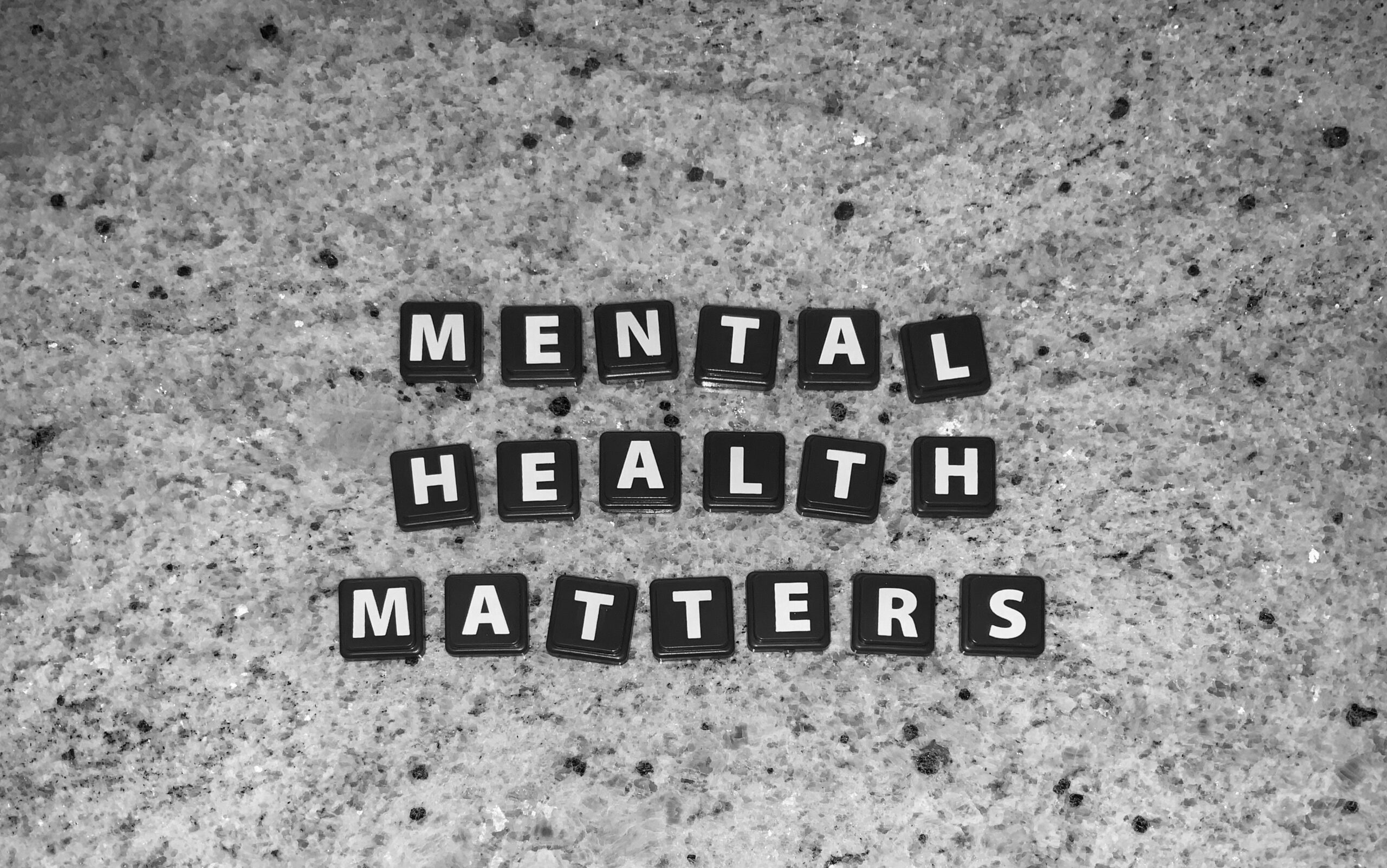“People are our greatest asset”. It is a phrase that many will have heard spoken numerous times, but companies in the past haven’t always acted as if they truly believed this statement.
However, skills shortages caused by Brexit and Covid travel restrictions have limited the availability of workers from EU. Together with ever-decreasing numbers of young people choosing to enter the construction industry, skilled construction workers really are becoming worth their weight in gold.

As a result, construction businesses are increasingly aware of the importance of looking after their ‘greatest asset’. Employee wellbeing is a hot topic at the moment, both in and out of construction, and rightly so…
The current state of employee wellbeing in the construction industry
The past year has shone a light on employee wellbeing, and in terms of the construction industry, it shows a bleak outlook. In fact, construction has one of the worst rates of mental wellbeing of all industries.
- Suicide is the single biggest killer of men under 45. However, male site workers are three times more likely to commit suicide than the average male in the UK.
- Suicide kills more construction workers than falls every year.
- Depression and anxiety have overtaken musculoskeletal disorders in construction workers
- According to the Office of National Statistics, there were 13,232 in-work suicides between 2011and 2015. The construction industry accounted for 13.2% of them, despite only accounting for 7% of the total UK workforce.
- 23% of construction workers are considering leaving the industry in the next 12 months due to poor mental health.
- 73% of all construction workers feel that their employers did not understand or recognise the early signs of poor mental health, or offer any support
- According to the National Building Specification, mental health accounts for people taking almost 70 million days off sick per year. This costs the UK economy an estimated £70 billion to £100 billion per year.
Source: https://theholistichealthcaregroup.com/2020/02/mental-health-in-the-construction-industry/
What’s the root cause of mental health issues in the construction industry?
In a report created by Rob Driscoll, Director of Legal and Business at the ECA, it highlighted that 90% of survey respondents said they suffer an array of mental health problems due to the pressures of late or unfair payment, including stress, depression, extreme anger, anxiety and panic attacks. ECA’s director of CSR Paul Reeve says, “Everybody expects businesses to deal with everyday pressures, but stress and other mental health impacts come from sustained and excessive pressure.” He continues, “It’s absolutely clear from these findings that poor payment is a serious cause of mental health issues across the industry and that the problem, far from being isolated to certain individuals, is commonplace even among top management.”
We typically think of late payment and the resultant cash flow challenges as a business problem, but the reality is, it’s very much a human one.
The silver lining of the Covid cloud
The sudden nature of the Covid pandemic demanded a change inworking practices and an increase in communication within companies and teams. Owners, Directors and Executives have been forced to implement better and more effective methods of communication, no longer able to rely on information being cascaded on site.
This has led to better employee engagement, which can only be a good thing for helping to ensure workers’ wellbeing. Managers have also had to be more proactive, by necessity, in checking in with individuals and having conversations around wellbeing which were probably less likely to have happened prior to the pandemic.
Work-life balance has been addressed by many companies and individuals during this time, with perspectives changing in light of this unprecedented situation. For those who can work remotely it is no longer a question of ‘how’, as it has been proved it can work. Now the question is around how much time they work remotely to best support them in their individual circumstances. However, there is still more to be done to support those workers who are struggling with their mental health.
Positive examples – steps taken to address employee wellbeing in the construction industry
Some companies have utilised lockdowns to implement new systems to ‘check in’ with workers, listen to their feedback and offer support and assistance to improve any issues they are facing in the workplace.
Bouygues UK are a company within the construction industry, who continue to embed and enhance schemes to support their employees. They now have a number of established ‘affinity networks’ that support minorities in the workplace, and have recently launched their ‘Speak Up’ campaign which provides an independent mechanism for employees and site workers to call out and report inappropriate behaviour and harassment. There is also more emphasis being placed on providing training and strategies for employees to improve their resilience and ensure they have the skills in place to cope if stressful situations arise. This is supported by an in-house network of trained Mental Health First Aiders.
In a recent webinar, Anne Smales from Bouygues UK detailed the steps they are taking to proactively address employee wellbeing. Much of the conversation on this webinar centred around communication and collaboration, both internally with employees and externally with their supply chain, which is essential in order to make everyone feel included, valued and supported.
People are talking about mental health in the construction industry more now, new charities and support groups like Mates in Mind and Lighthouse are appearing, but there is more to do. The stigma, and reluctance for individuals to admit they are struggling and the endemic payment issues in construction are definitely still a real problem and need to be addressed.
As society moves forward and away from the strict lockdown measures that were put in place over the past 12 months, companies and individuals must ensure that the good practices that have been implemented during this time continue into the future, and develop further to keep tackling this ‘silent pandemic’ which has been with us for a lot longer.





